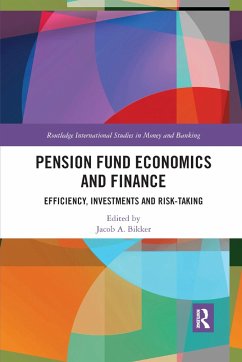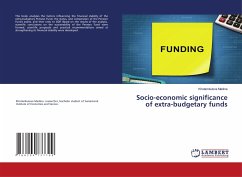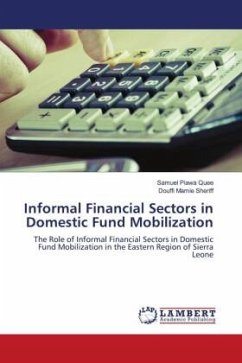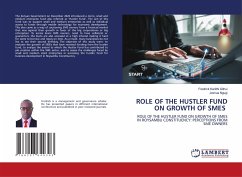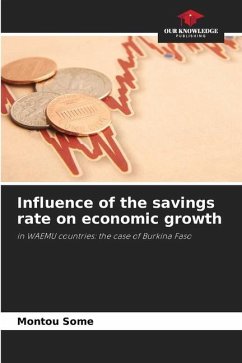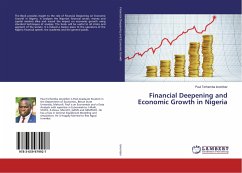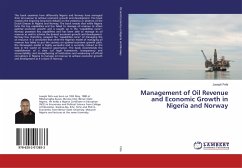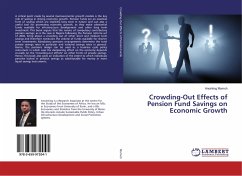
Crowding-Out Effects of Pension Fund Savings on Economic Growth
Versandkostenfrei!
Versandfertig in 6-10 Tagen
33,99 €
inkl. MwSt.

PAYBACK Punkte
17 °P sammeln!
A critical point made by several macroeconomic growth models is the key role of savings in driving economic growth. Pension funds are an essential form of savings which are implicitly long term in nature and can also a useful tool for promoting economic growth, as they make substantial funds available for infrastructure development and other long term investment. This book argues that the nature of compulsory contributory pension savings; as is the case in Nigeria following the Pension reforms act of 2004, bring about a crowding out of other short and medium term savings and therefore constrai...
A critical point made by several macroeconomic growth models is the key role of savings in driving economic growth. Pension funds are an essential form of savings which are implicitly long term in nature and can also a useful tool for promoting economic growth, as they make substantial funds available for infrastructure development and other long term investment. This book argues that the nature of compulsory contributory pension savings; as is the case in Nigeria following the Pension reforms act of 2004, bring about a crowding out of other short and medium term savings and therefore constrains the volume of funds available for shorter term investments. Mandatory pensions arrangements determine the total private savings rates in particular and national savings rates in general. Hence, the pensions design can be used as a business cycle policy instrument in which case the dampening effect on the economy depends crucially on the "crowding-out effects" on other forms of private savings. Hence, this book also gives an indication of the extent to which individuals perceive locked in pension savings as substitutable for money in more liquid savings instruments.





